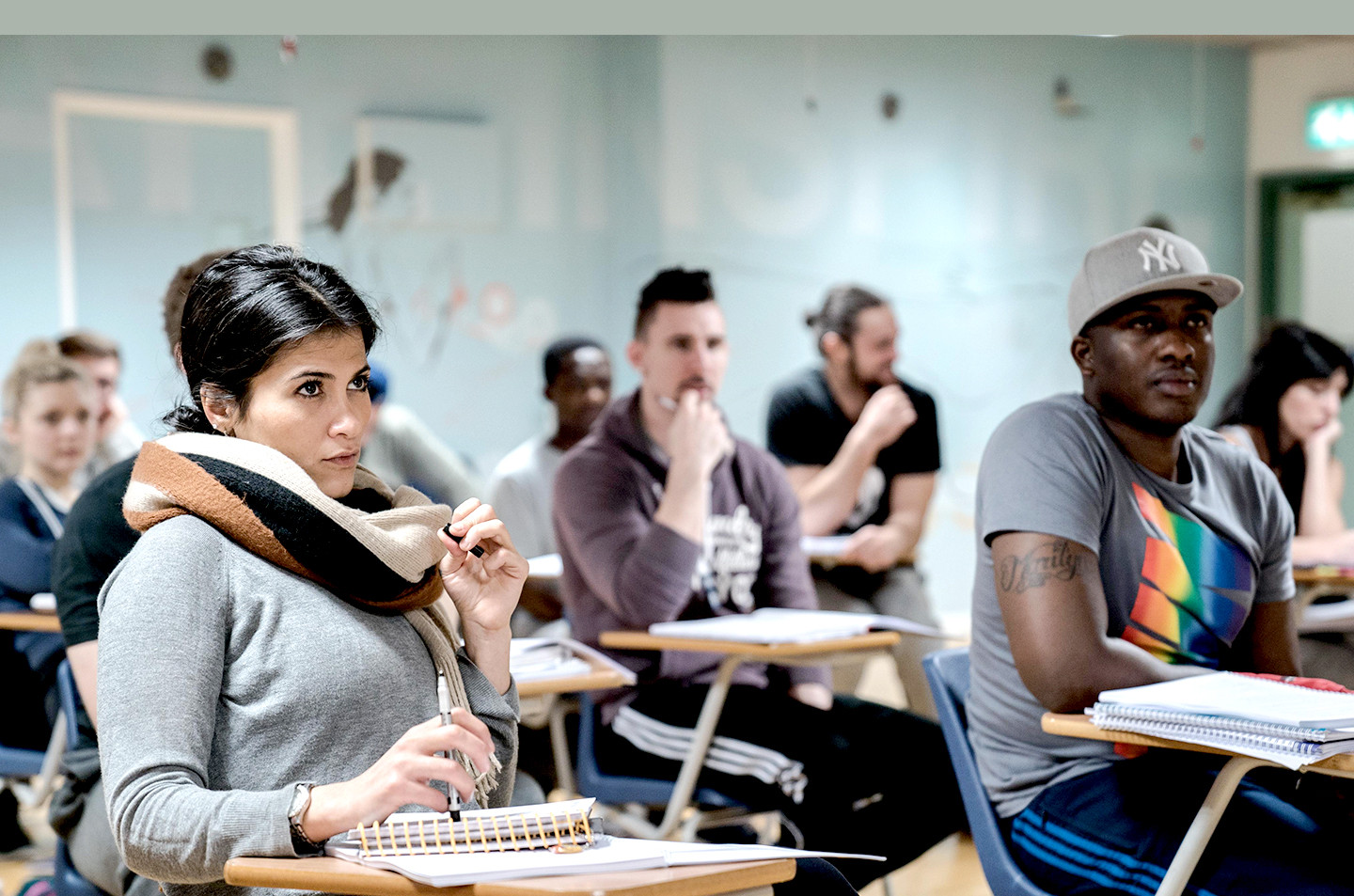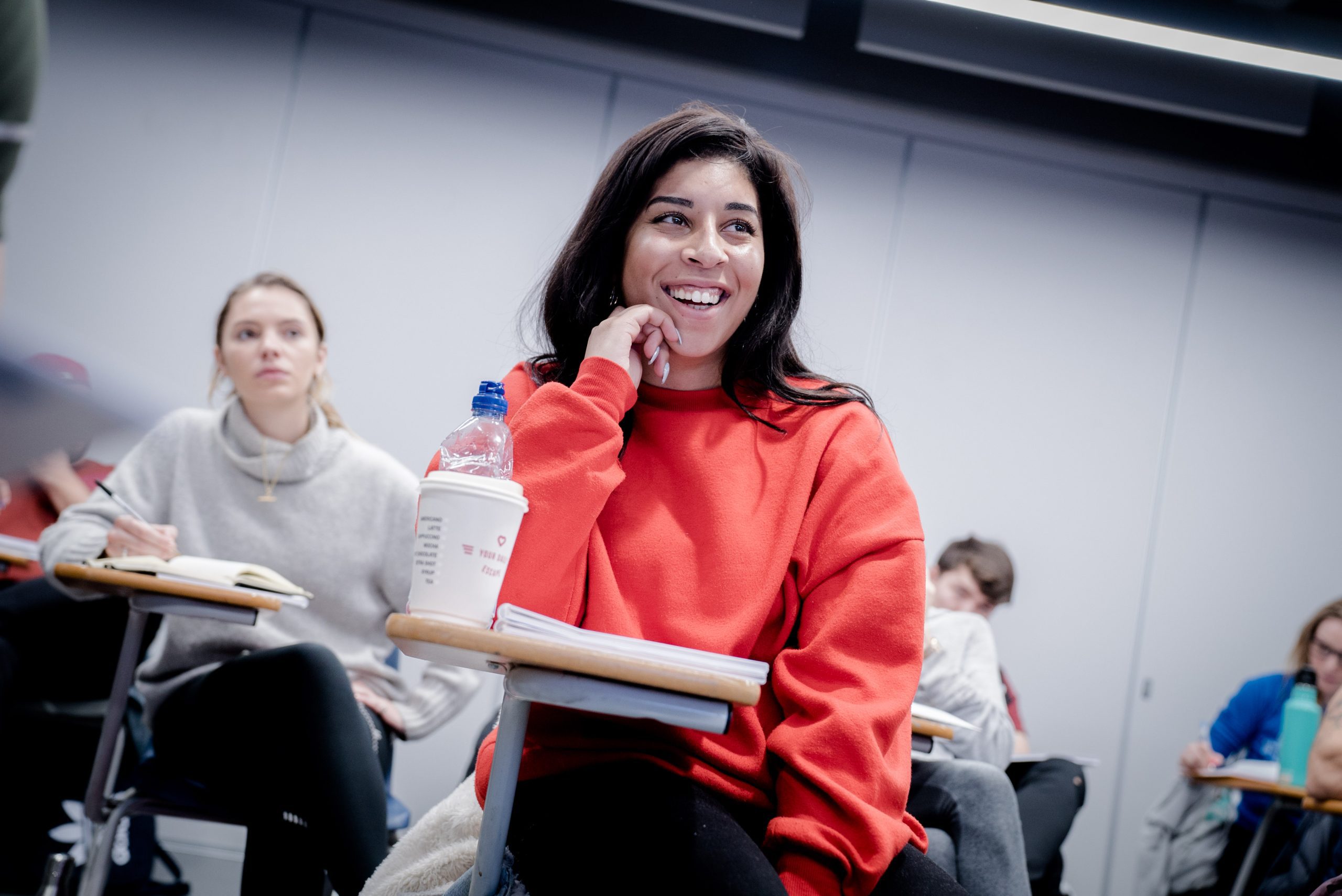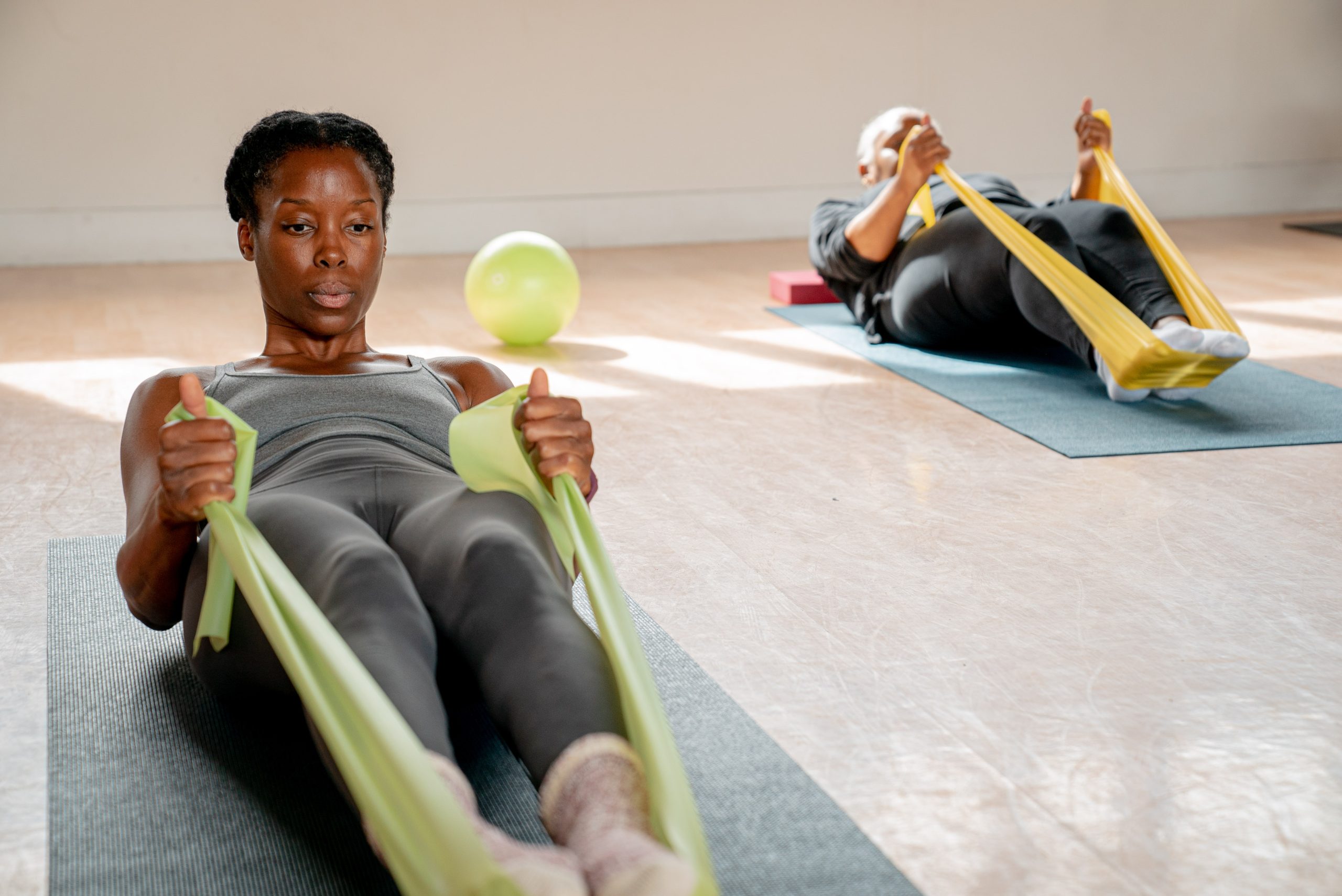Relaxation techniques to reduce stress and anxiety
|
Relaxation techniques can be highly effective in reducing stress and anxiety. Here are several techniques you can try:
1. Deep breathing
Practice deep breathing exercises to promote relaxation and reduce stress. Take slow, deep breaths, filling your lungs with air and then exhaling slowly. You can try techniques like diaphragmatic breathing or the 4-7-8 breathing method. Watch the video here.
2. Progressive Muscle Relaxation (PMR)
PMR involves tensing and then relaxing each muscle group in your body progressively. This can work best if you lay on the floor, start with your toes and work your way up to your head, focusing on releasing tension with each muscle group.
3. Mindfulness Meditation
Mindfulness meditation involves focusing your attention on the present moment without judgment. You can practice mindfulness by paying attention to your breath, bodily sensations, or the environment around you. Guided mindfulness meditation sessions or apps can be helpful for beginners. Check out this video.
4. Visualisation
Guided imagery or visualisation involves imagining a peaceful and calming scene, such as a beach or a forest. Close your eyes and vividly imagine yourself in this serene environment, engaging your senses to enhance relaxation.
5. Yoga and Tai Chi
Yoga and tai chi combine physical movement with mindfulness and deep breathing techniques. These practices can help reduce stress, improve flexibility, and promote overall well-being. Check out classes at the YMCA Club in Central London.
6. Journaling
Writing down your thoughts, feelings, and concerns can help you process emotions and reduce stress. Consider keeping a journal or gratitude journal to reflect on positive experiences and express gratitude.
7. Listening to Music
Listening to soothing music can have a calming effect on the mind and body. Choose music that promotes relaxation, such as classical, nature sounds, or ambient music. Try a playlist here.
Experiment with different relaxation techniques to discover which ones work best for you. Incorporating these practices into your daily routine can help you manage stress and anxiety more effectively, promoting overall well-being and resilience.





